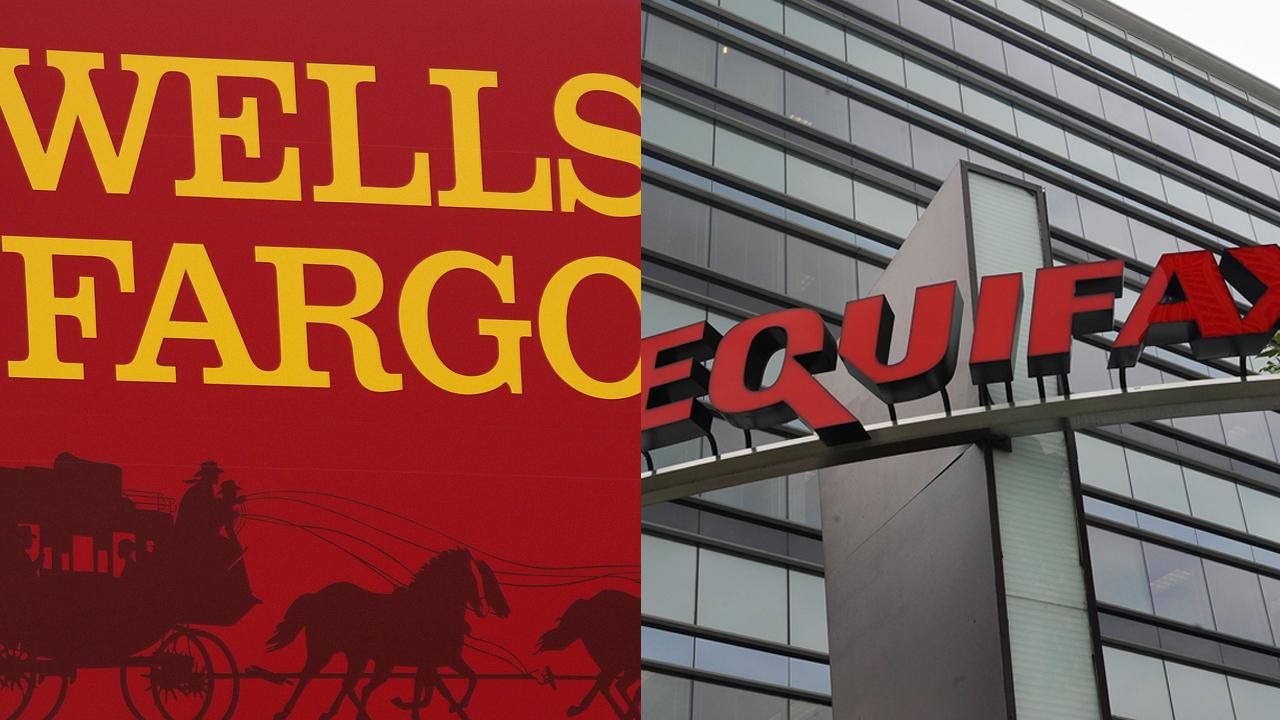Equifax's red flags
Equifax (NYSE:EFX) shares tumbled 14.6% on Wednesday, the worst percentage drop since 1999, despite a public apology from CEO Richard Smith over the company’s handling of the cyber hack that compromised 143 million customers, nearly half of the United States, last week.
| Ticker | Security | Last | Change | Change % |
|---|---|---|---|---|
| EFX | EQUIFAX INC. | 195.67 | +4.62 | +2.42% |
Yet even before Equifax (NYSE:EFX) disclosed the massive customer breach, all was not well for the credit-reporting giant, based on our investment analysis.
In fact, an evaluation/rebalance in July produced a number of red flags for us related to corporate governance.
First, it is a company with a board culture, which was somewhat entrenched against the interest of the owners whom it was supposed to represent. In a healthy governance culture, the board works for the owners and the owners work for the board.
Signs that a board is protecting itself against its owners include:
- Majority voting practice is not used. This practice requires an uncontested candidate for the board to get a majority of votes to be elected (or more likely, reelected). Most boards require, at least, that a board member get more votes for than against.
- Shareholders do not have the right to amend by-laws directly instead of going through the board, nor to convene a meeting when the board members do not want to.
- Shareholders are not permitted fully confidential voting, nor are they allowed 'cumulative voting,' which allows them to save up their votes in order to put all their votes for a board member who represents a minority or dissident group.
- Shareholders are not permitted to sell their shares at market price to a buyer attempting a hostile takeover bid. This is done to prevent takeovers, which tend to lead to ousters of current governance and management interests, by artificially setting a price ceiling on the price at which shareholders can sell their shares.
Equifax was flagged for all of the above in our latest July analysis. Though it was not flagged on all governance metrics that we look at. So, from a governance criteria point of view, it was problematic, though not as bad as some on our 'worst offenders' list.
Equifax, however, came out looking worse from the stand point of its financial statements. We use an approach called 'forensic accounting,' which uses various analytical techniques, especially ratios to determine if there is an elevated likelihood that actual financial conditions of the company are less rosy than official financial statements indicate.
We especially like to look at revenue recognition because as our forensic specialist John Del Vecchio says, if something's wrong with the top line, it flows down every step of the way to the bottom line. We like to compare cash flow to price, and also to reported earnings.
We also like to look at cash flow from operations, which excludes 'extraordinary events' because often, ordinary events are classified as extraordinary to make things look the way management wants them to look.
We also like to look at not just reported cash, but real cash, meaning dividend checks in the mail to owners. If dividend yields are low (which they were/are for Equifax – currently at 1.35%), you're being asked to pay a lot for a little, which means you're being asked to have faith in the management that they are using the cash which they are holding onto internally better than you would. Companies use various legal, but not totally truthful, techniques to manipulate financial reporting in such ways as to control the outcome. One sign that they might be doing this is that they consistently beat earnings expectations. Yes, it's good for owners if earnings are better than the expectations currently represented in the stock price. But if they beat too often, that's in the too-good-to-be true category. It means they see what analysts predict and then find some way to goose some number to beat that number.
Why do companies do that? Because they have an encore problem. They've done well and are expected to keep doing better than expected. But that’s an impossible game to win because if you keep beating expectations, people tend to raise their expectations until eventually you are given the big choice: Be straight with everyone and report an accurate picture of business which disappoints the 'Street' OR guild the Lilly a bit and don't be straight with people and keep the party going. This tends to happen when companies get hyped, with strong sales growth and very good stock performance.
Everything I listed in the paragraph above was true of Equifax in our view, which is why we held the stock as a 'short' in our long-short index FLAGLSX. A bet the stock would fall. That short had been somewhat painful up until this past week. Short calls of hyped stocks frequently are over longer time periods.
It's amazing how many big firms had Equifax on its overweight and/or 'high conviction' stock lists. It was a big performer for most of this year, you say? Since the disclosure of the hack last week, the stock has tumbled about 36% through Wednesday, wiping out all of the YTD gains and then some.
Remember when the inevitable storm comes: Bubble stocks are more vulnerable, and hyped stocks are more likely to be bubble stocks.
Jerry Bowyer is Chief Economist of Vident Financial. To see more about which countries we think are most promising for long term investment and which are least promising, and why, please click here to download our free country scorecards:
*A version of this investment piece first appeared on Vident Financial’s blog.




















